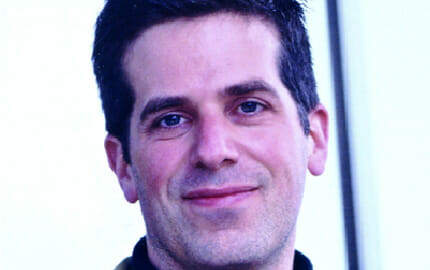Jonathan Lethem-You Don’t Love Me Yet

“The world, unlivened by alcohol, music or sex, was tinny, pallid, unwound,” thinks Lucinda Hoekke, the protagonist of Jonathan Lethem’s You Don’t Love Me Yet.
Driven so relentlessly by her appetites, Lucinda seems the obvious point-of-view choice for a novel about a struggling L.A. rock band that manages a single modest hit before the obligatory betrayals and squabbling over songwriting credits take them down. Lucinda can only make sense of the world by drinking, screwing or playing her bass. “I bet they fuck all night, every night, when we’re not looking,” she says to drummer Denise during a visit to the L.A. Zoo.
Lucinda is at once spontaneous and irresponsible, irresistibly flagrant and self-destructive. She sleeps with three quarters of the male leads in this novel, makes a rather desperate and deluded pass at the remaining quarter and, yet—for all the damage she does to herself and those around her—she loves her band. When things go well for her, as they do when she’s engaged in her favorite activities, Lucinda feels that the source of her happiness was a stream through all their lives, a bass figure under all their music.” The fact that she breaks up with her lover Matthew, the lead singer, in the first chapter is no loss to her. In fact, she sees it as a plus. “A lot of the great rock and roll bands are founded in break-ups, love triangles, love-hate relationships.”
Like the perfect pop song, Lucinda’s character straddles the murky border between cliché and profundity. It’s often hard to tell whether she’s a true rock ’n’ roll talent or a poseur. Lethem saddles her with a sensibility that can seem both shallow and appealingly forthright. He carefully avoids making her a musician with an annoyingly literary way of understanding the world, a trap many writers fail to avoid when writing about artists other than writers. Yet her songs come from that place from which all art derives—the unexpected collision of desire and some artifact blown in mercifully by the wind.
-

-

-

-

-

-

-

-

-

-

-

-

-

-

-

-

-

-

-

-

-

-

-

-

-

-

-

-

-

-

-

-

-

-

-

-

-

-

-

-








































